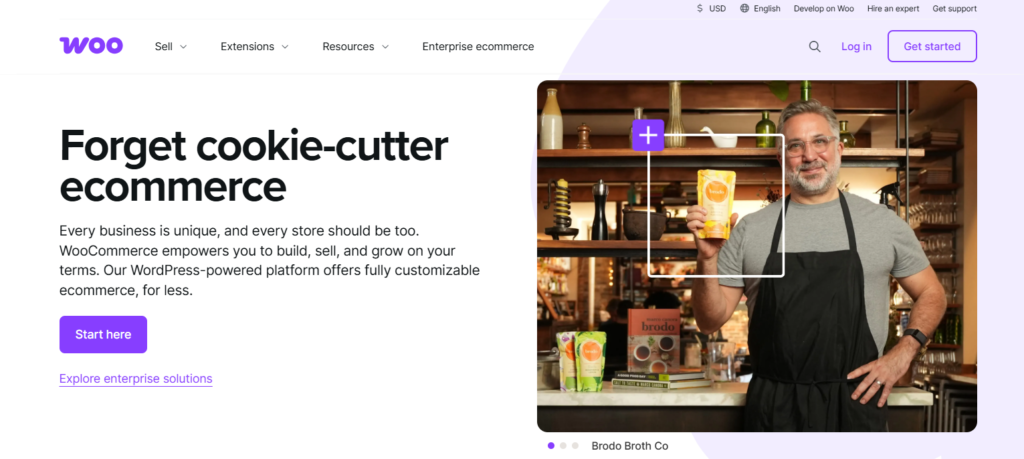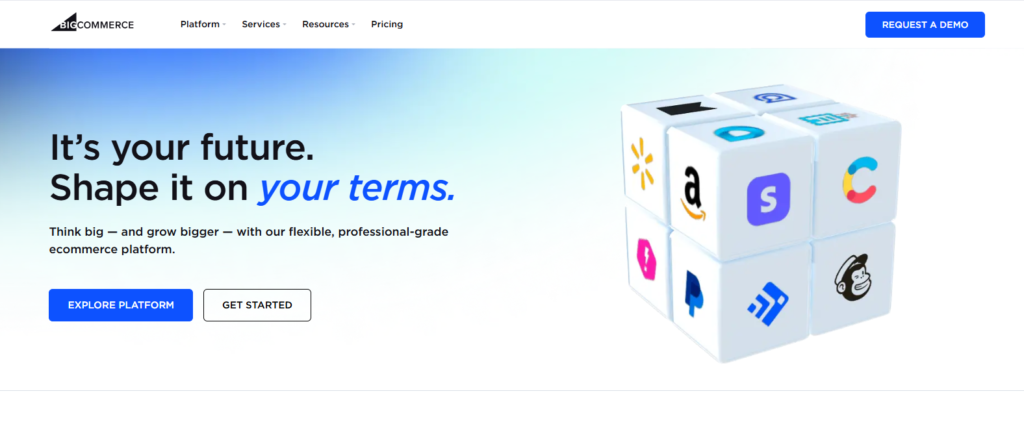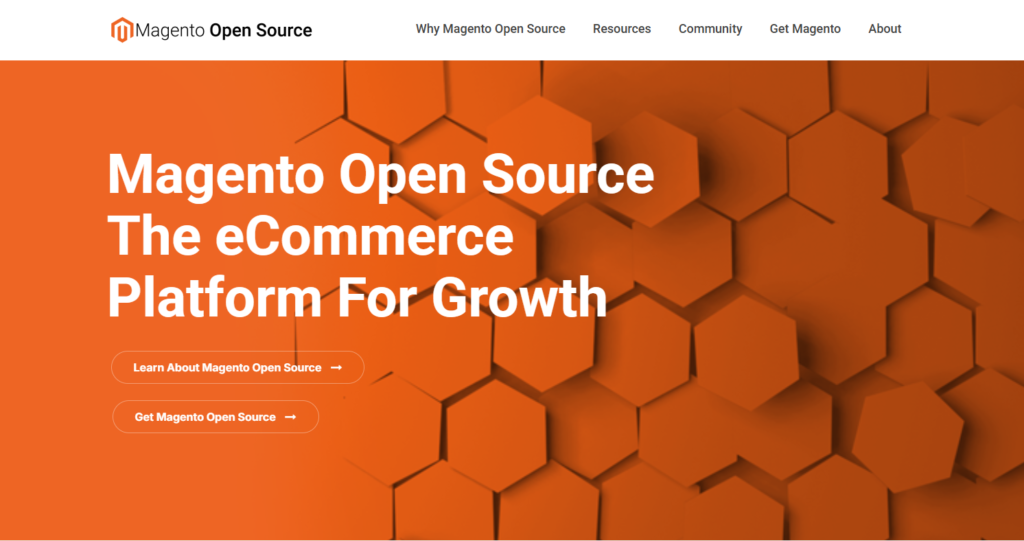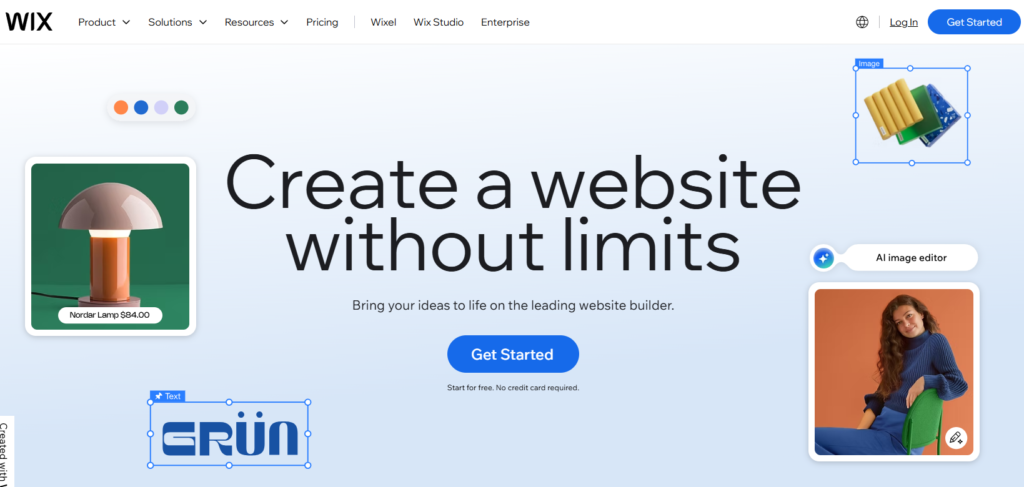6 Best Ecommerce Platforms for SEO in 2025
Choosing the right ecommerce platform in 2025 isn’t just about design, payment gateways, or checkout experience — it’s equally about SEO (Search Engine Optimization) . With search algorithms becoming more intelligent and user experience increasingly influencing rankings, your online store needs a platform that helps you rank higher, load faster, and offer a better customer journey.
In this blog, we’ll explore six of the best ecommerce platforms for SEO in 2025 — discussing their strengths, limitations, and ideal use cases so you can find the right fit for your business.
What Makes a Platform SEO-Friendly in 2025?
Before we dive into specific platforms, it’s useful to clarify what “SEO-friendly” means today. In 2025, successful online stores need to satisfy not just search engines but also human users.
Key SEO-Focused Features to Look for Include
Customisable URLs and metadata – You should be able to easily edit meta titles, descriptions, slugs, and canonical tags. Mobile optimisation and speed – With Google’s Core Web Vitals and mobile-first indexing, responsive design and fast load times are crucial.
Structured data and schema markup – Helps search engines understand your products, reviews, and breadcrumbs for rich results. Built-in blogging tools – Content still drives long-tail organic traffic and backlinks. International SEO capabilities – hreflang support, currency and language control for multi-region stores. Balance between control and ease of use – Too much technicality can slow teams down, while too little control limits optimisation. With those essentials in mind, let’s look at the six platforms that stand out in 2025.

1. Shopify

SEO Strengths
Shopify remains one of the most popular hosted ecommerce platforms for small-to-medium businesses, and its SEO features continue to improve.
Built-in mobile-friendly, fast-loading themes. Secure HTTPS hosting and automatic updates for performance and trust. Access to numerous SEO apps for structured data, meta optimisation, and image compression. Integrated blogging functionality for content marketing.
Limitations
The URL structure isn’t fully customisable — for example, `/products/` or `/collections/` prefixes can’t be Removed. Deep technical SEO (e.g., full schema customisation or multilingual control) may require paid apps or Workarounds. App reliance can add up in cost and complexity as your store grows.
Best For
Businesses that want to launch quickly with a reliable hosted solution, moderate SEO flexibility, and minimal technical maintenance.
2. WooCommerce (on WordPress)

SEO Strengths
WooCommerce turns WordPress — the world’s most SEO-friendly CMS — into a fully functional online store. Full control over URLs, titles, schema, and structured data. Integration with SEO plugins like Yoast SEO or Rank Math for advanced optimisation.
Built-in blogging makes it perfect for content-driven SEO. Huge plugin library for caching, security, analytics, and schema.
Limitations
Because it’s self-hosted, performance depends on your hosting provider and technical setup. Requires regular updates, backups, and security management. Scaling large product catalogues can demand developer expertise.
Best For
Brands focused on content marketing, SEO-driven growth, and stores that want complete control over on-page and technical SEO.
3. BigCommerce

SEO Strengths
BigCommerce is a powerful SaaS platform designed for scalability and enterprise-level features. Clean URL structure and comprehensive SEO settings. Excellent performance and uptime — vital for technical SEO. Multi-store and multi-currency support for international expansion. Fewer external apps required since many SEO tools are native.
Limitations
Slightly steeper learning curve compared to simpler hosted solutions. Pricing increases with higher sales volume or advanced features. May feel excessive for smaller shops or beginners.
Best For
Growing e-commerce brands with large catalogues, multi-region ambitions, and the need for robust, scalable SEO features.
4. Magento (Adobe Commerce)

SEO Strengths
Magento — now Adobe Commerce — remains the powerhouse for enterprise-level online stores. It’s open-source and designed for total flexibility.
Complete control over site structure, metadata, canonical tags, and URLs. Advanced schema support, layered navigation control, and multilingual SEO. Perfect for businesses needing multi-storefronts and deep integration with CRM/ERP systems.
Limitations
Requires professional development, hosting, and maintenance. Performance tuning is critical — poor configuration can hurt SEO despite flexibility. Higher initial and ongoing costs than most competitors.
Best For
Enterprises and large brands with technical teams or agency support, especially those operating across multiple markets or regions.
5. Wix

SEO Strengths
Wix has evolved dramatically from a simple site builder to a capable ecommerce and SEO platform.
Built-in SEO tools like Wix SEO Wiz for beginners. Mobile-friendly templates, automatic image optimisation, and integrated analytics. Easy meta editing, 301 redirects, and sitemap generation. Great option for entrepreneurs who want to handle SEO without coding.
Limitations
Limited technical SEO flexibility compared to open-source platforms. Not ideal for very large product catalogues or complex site structures. Fewer advanced integrations than Shopify or WooCommerce.
Best For
Small businesses, solopreneurs, and creative entrepreneurs seeking a simple, visually-driven platform with solid basic SEO features.
6. Squarespace

SEO Strengths
Squarespace combines elegant design with growing ecommerce and SEO capabilities. Clean, responsive templates optimised for speed and usability. Built-in SSL, metadata editing, and simple SEO settings. Perfect for visual brands, portfolios, and boutique stores that rely on high-quality imagery.
Limitations
Fewer advanced ecommerce and SEO options than Shopify or BigCommerce. Less customisation for URL structure and technical SEO. Scaling large operations may require migration to a more robust system later.
Best For
Design-focused small stores, creative brands, or businesses selling limited products with moderate SEO needs.
How to Choose the Right Platform for Your SEO Goals
Selecting the perfect platform depends on your business type, resources, and growth plans. Here’s how to think about it:
1. Business Size & Growth Plans
Just starting out? Choose a simpler platform like Shopify, Wix, or Squarespace. Planning to scale or sell globally? BigCommerce or Magento are better long-term bets.
2. Content Marketing Focus
If content drives your SEO strategy, WooCommerce’s WordPress foundation is unmatched.
3. Technical Expertise
Want low maintenance? Hosted platforms (Shopify, BigCommerce, Wix) are easier. Want total control? Self-hosted (WooCommerce, Magento) gives you that flexibility.
4. International Expansion
For multiple languages, currencies, or global shipping — BigCommerce or Magento offer better built- in international SEO features.
5. Performance & Core Web Vitals
Regardless of platform, ensure your site is optimised for speed. Use CDNs, compress images, and keep your code clean.
6. SEO Tools & Ecosystem
Check if the platform integrates with your preferred SEO tools, allows schema markup, and supports a blog or landing pages.
Conclusion
The best ecommerce platform for SEO in 2025 is the one that aligns with your business goals, budget, and technical comfort level . All six platforms reviewed here can deliver strong organic performance — but their strengths differ.
For fast setup and ease of use , Shopify and Wix are excellent.
For content-driven, flexible SEO , WooCommerce is unbeatable.
For scaling and international commerce , BigCommerce stands out.
For enterprise-grade control , Magento/Adobe Commerce is the clear winner.
For design-first small stores , Squarespace fits beautifully.
SEO success doesn’t come from the platform alone. It comes from consistent optimisation, great content, strong site architecture, and a focus on the user experience. The platform simply provides the foundation — your strategy builds the rankings.







